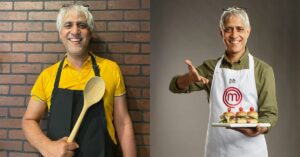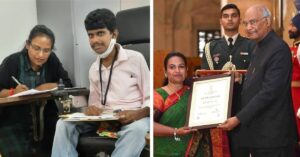Cook, Care & Share: ‘Reserved for Men’ Course in B’luru Teaches Them To Be Equal Partners
Baduku Community College, which is part of an NGO called Samvada, has been working with youth from marginalised groups, organising various workshops and programmes for them.

It’s 6 a.m., and the alarm just went off at the Hegde household. Shashi gets out of bed to pick up the milk that the milkman left outside the door, then proceeds to wake their 3-year-old for school, all the while juggling other tasks.
Kiran wakes up at 6.30 a.m. and takes charge of getting the child ready for school.
Shashi gets breakfast ready by 7, and they all sit down to eat. Soon, leaving for school and office, respectively.
Social assumptions may have led you to believe that Shashi is a woman who gets up earlier and gets everything ready.
What if I informed you that Shashi is a man and Kiran, a woman?
In a one-of-its-kind gender sensitisation course, Samvada, an NGO based in Bengaluru, is leading the way with a programme designed exclusively for men called – ‘Reserved for Men’.
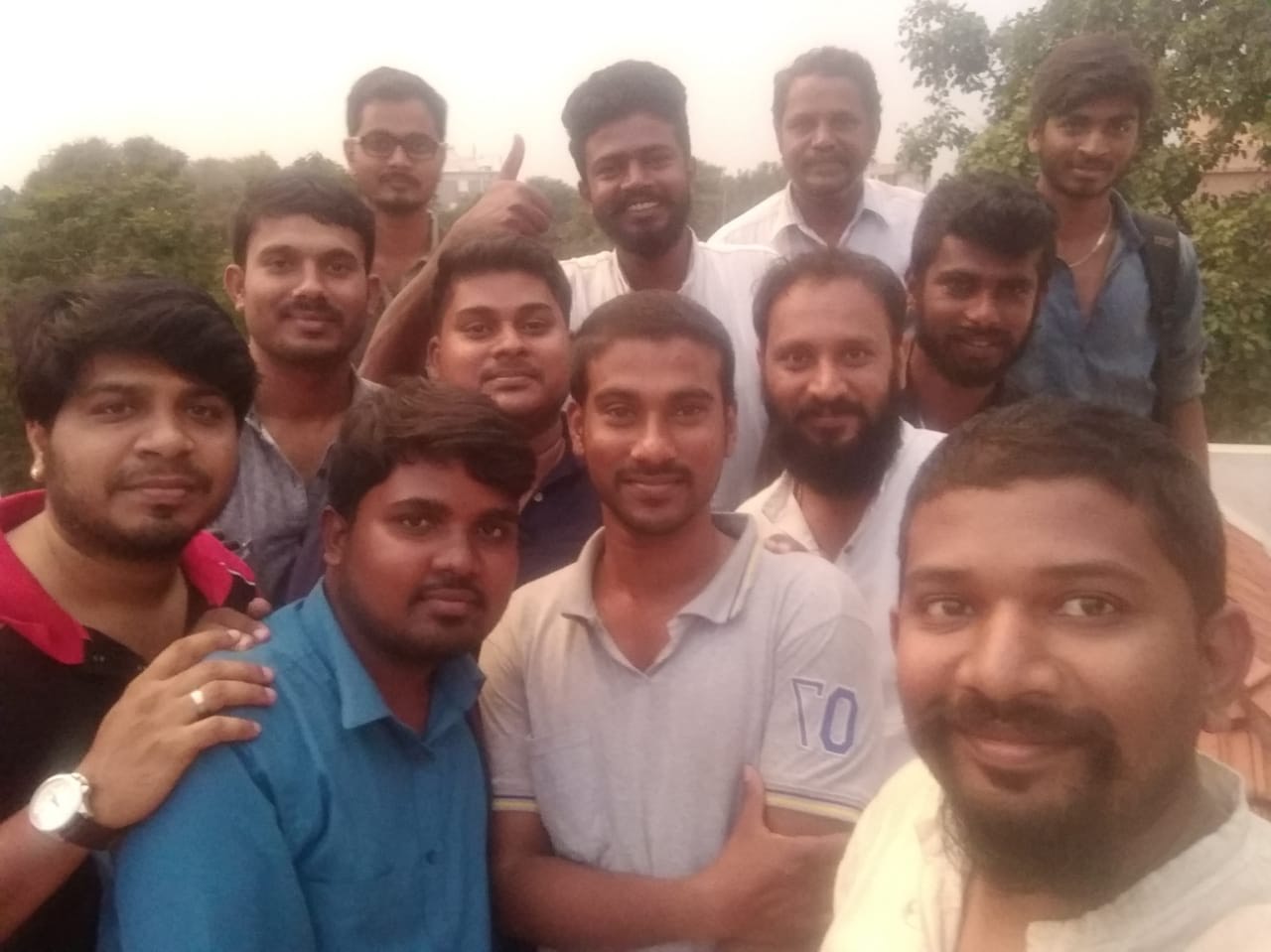
We, at The Better India, caught up with Murali Mohan Kati, the brain behind conceptualising this programme.
Conception
Baduku Community College, which is part of an NGO called Samvada, has been working with youth from marginalised groups, organising various workshops and programmes for them.
Murali says, “In fact, it was one of our former students who asked us to come up with something like this. He was getting married, and it was during that time that he requested for a course to help him in the new phase.”
The first batch started with 15 students from various backgrounds–organic farmers, software engineers, graphic designers, and men working in the social sector, among others.
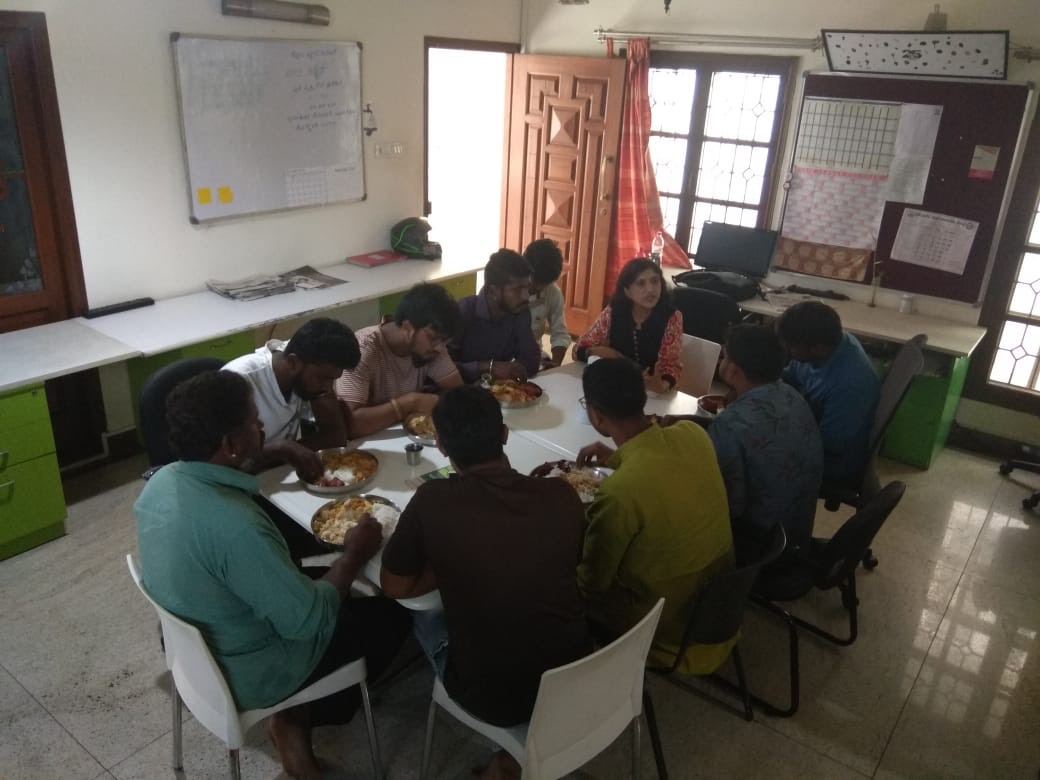
This course teaches them everything–from interacting with the women in their lives to placing them on an equal footing, as well as practical things like cooking, caring for the elderly at home, and looking after children.
The true meaning of masculinity
Murali says, “World over, the focus has now shifted to sensitising men. Masculinity, as we understand it, seems to be the root of several problems that we are facing today.”
One of the participants, a young father to a two-year-old, joined the programme with several preconceived notions of what roles a man and woman play in a household.
Murali says, “As a freelancer, he had time to spend at home as well and always believed that he was contributing a great deal towards the household. It was only after he attended the programme that he realised how much more he could do around the house and for his wife and child.”
The interesting change came in small ways, Murali recollects. He says, “While he always enjoyed cooking, he had never asked his wife what she would like him to cook. He has now started this dialogue and the work around the house happens with their consensus.”
What the programme entails
Cooking, Caring, and Sharing – these are the three pillars on which the programme is based.
When they speak of cooking, it is not just the act of making food but also many other smaller things.
“For example, what will be made for each meal is usually a decision that falls on the woman, ensuring that the kitchen is stocked with the groceries–are traditional roles that the women undertake. It is this mindset that we are working towards changing,” says Murali.
On caring, he shares, “Being able to care for the elderly and the children at home is also something that should be done by both partners.”
“We invite experts who can speak to the participants about these things, as well as the importance of mental well-being.”
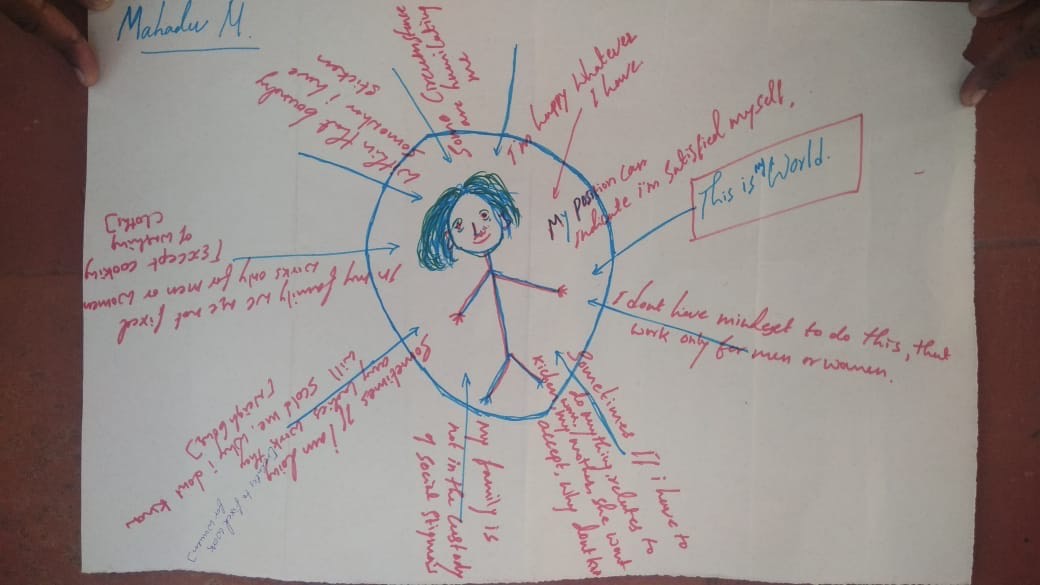
True equality, according to him, can be only be achieved when both men and women share tasks and household chores.
How to enrol
The programme is priced at a nominal cost of Rs 1,000 which also is not a compulsory fee, but a contribution from the participants.
With experts from the varied fields of health and nutrition, child-care and psychiatry, it is certainly a programme that more men should experience.
For more details, check the website here.
(Edited by Shruti Singhal)
You May Also Like: #JerseyKnowsNoGender: India, It’s Time to Show Our Support For the #WomenInBlue!
Like this story? Or have something to share?
Write to us: [email protected]
Connect with us on Facebook and Twitter.
This story made me
- 97
- 121
- 89
- 167
Tell Us More
We bring stories straight from the heart of India, to inspire millions and create a wave of impact. Our positive movement is growing bigger everyday, and we would love for you to join it.
Please contribute whatever you can, every little penny helps our team in bringing you more stories that support dreams and spread hope.






